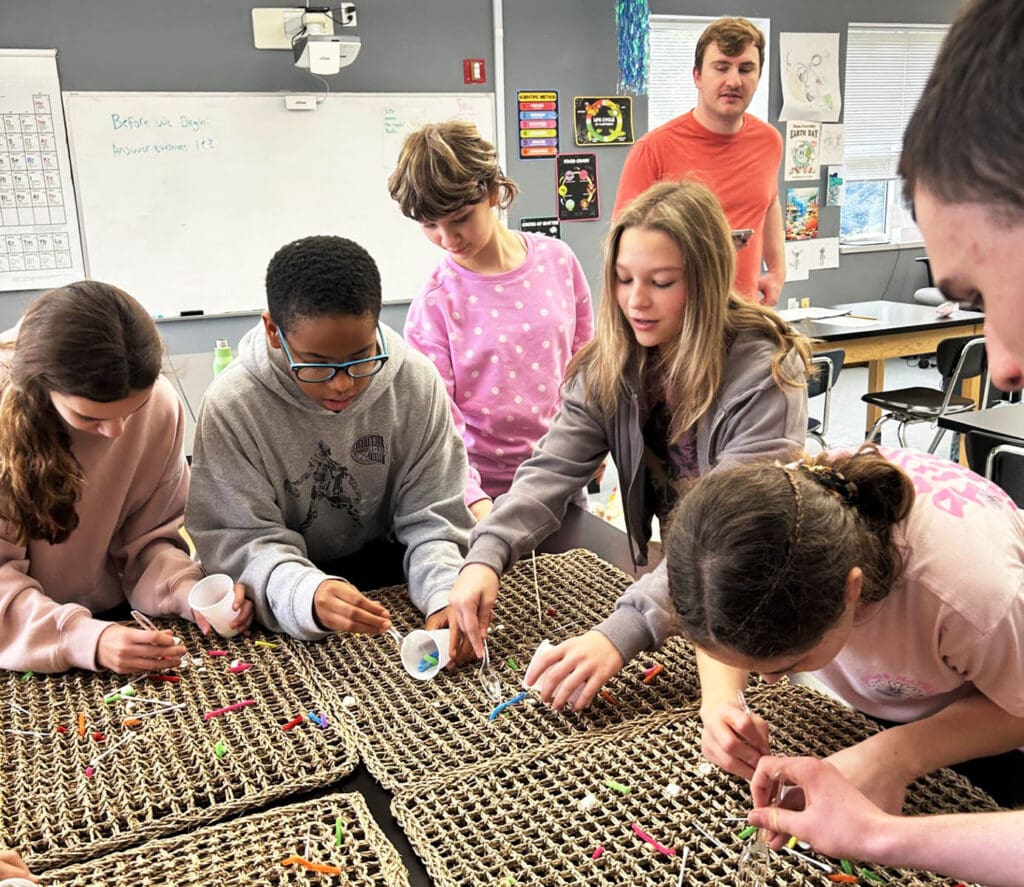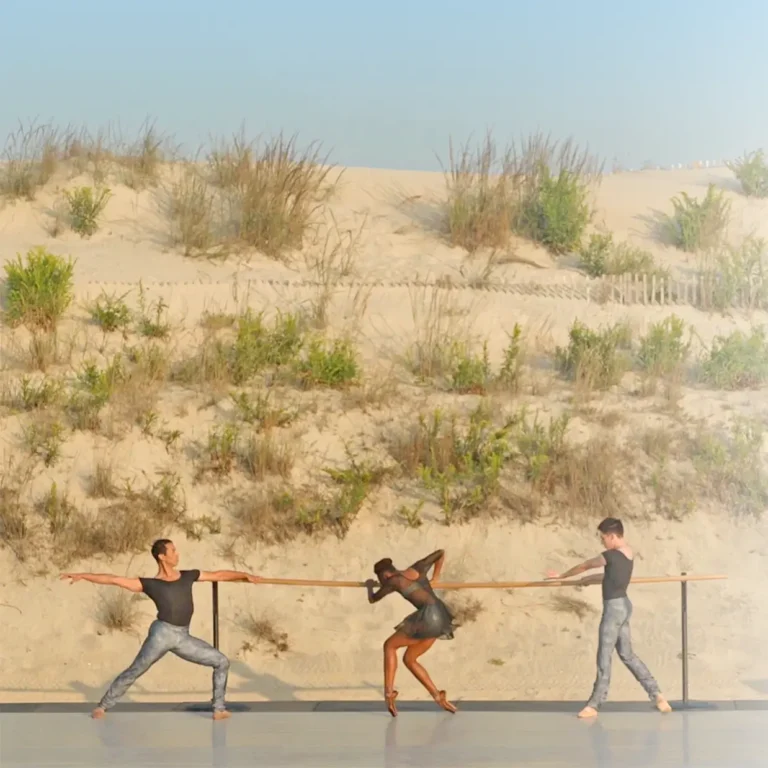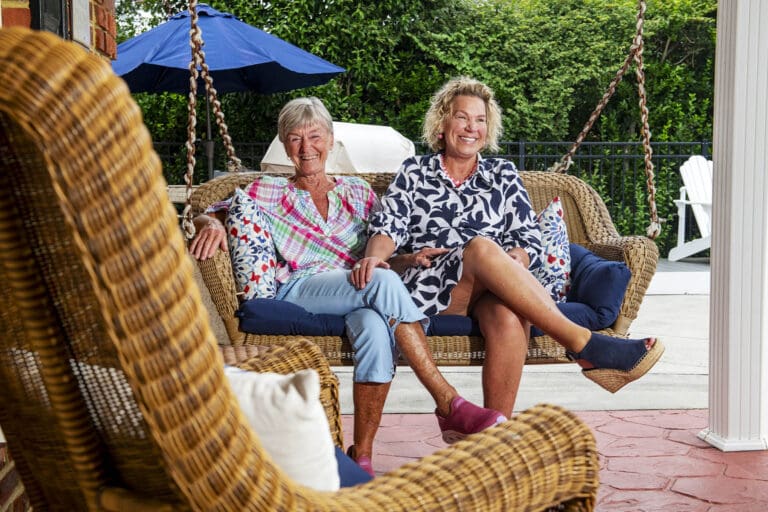Chesapeake Bay Academy takes personalized approach to student success through research, education technology and social emotional learning
Can school be a positive, comfortable learning environment for every student? Dr. Judy Jankowski, Head of School for Chesapeake Bay Academy (CBA), believes it can be—even for those students who have traditionally found school to be difficult.
“Nobody learns if they don’t believe they’re going to,” Jankowski says. “We are here to help students holistically. Strategies, tools, learning interventions—those are all important things we offer, but the first thing students need is self-confidence.”
CBA is an independent school in Virginia Beach that serves students in grades 1-12 with a variety of learning differences, such as dyslexia, ADHD and level 1 autism spectrum disorder. These students typically possess above average cognitive ability, but their learning differences can make a traditional classroom setting challenging. CBA’s focus on addressing students’ specific needs and delivering personalized learning plans creates an environment where students can thrive while being themselves.
At CBA, social emotional learning is an intentional part of the curriculum. It begins in elementary school with social pragmatic skills, like getting along with others and expressing themselves respectfully. These types of skills are often seen as things children should pick up innately through interaction, but today’s social environment does not always set the stage for organic learning.
“The level of social interaction kids get these days is just different,” Jankowski explains. “They’re not outside playing till the sun goes down, and they spend a lot of time in virtual environments.”
CBA’s focus on emotional development, alongside academic growth, helps students become well-rounded individuals. They learn how to manage their own emotions, make responsible decisions and build healthy relationships—skills that serve them well beyond their time in the classroom.
Technology is also an integral component of learning at CBA. The school has always been ahead of the curve when it comes to education technology (edtech), but teachers ramped up their use of edtech tools during the COVID pandemic. Now that most students are back in the classroom full-time, CBA continues to utilize these tools to make learning more engaging and effective.
Additionally, CBA offers a fully online program for students in grades 6-8 through the CadetNet Virtual Academy. The program is tailored to the individual needs of neurodiverse students, allowing them to receive instruction in a way that capitalizes on their unique strengths. CadetNet features tools such as academic therapy, mindfulness and even virtual reality games to reinforce lessons.
CBA’s high school students are also able to take advantage of CadetNet through the school’s flexible learning model, which allows high schoolers to learn from home on days of their choosing. Integrative edtech makes it possible for this learning to occur synchronously with live, in-person classes at CBA.
With class sizes averaging 6-10 students, customized learning plans and advanced technological tools, educating students at CBA is quite the expense. Regular tuition does not cover the entire cost to educate a student, and roughly 60 percent of students receive some level of tuition assistance.
Thus, fundraising and philanthropy are a key component to continuing CBA’s mission to educate and empower students with learning differences. CBA’s Board of Trustees plays an integral role in these efforts—from fundraising, to grant writing, to navigating various educational tax credit programs.
“Philanthropy is so important to the work and our ability to do it. We are grateful every day for the folks who understand the value of what we’re providing to the community,” Jankowski says.
In addition to serving their own students, CBA is dedicated to strengthening the education landscape throughout Coastal Virginia. In partnership with Virginia Wesleyan University, Eastern Virginia Medical School and Old Dominion University, CBA launched the Center for Educational Research and Technological Innovation (CERTI) in 2021.
CERTI has since added Carnegie Mellon University and the Ohio State University as research partners. Under the leadership of Dr. Shantanu Tilak, CERTI has undertaken important action research studies to better understand the impact of technological interventions on learning.
Last year, CBA was a semifinalist for the Yass Prize, which granted the school $200,000 to continue building its research center and launch its virtual learning platform CadetNet.
“We are the only school that does what we do here in Coastal Virginia,” Jankowski says. “Through our work as a school serving children with learning differences, as well as our partnership with universities to educate teachers and improve learning, we will continue to serve our community and forge a path forward for education.”
Learn more at cba-va.org.



























